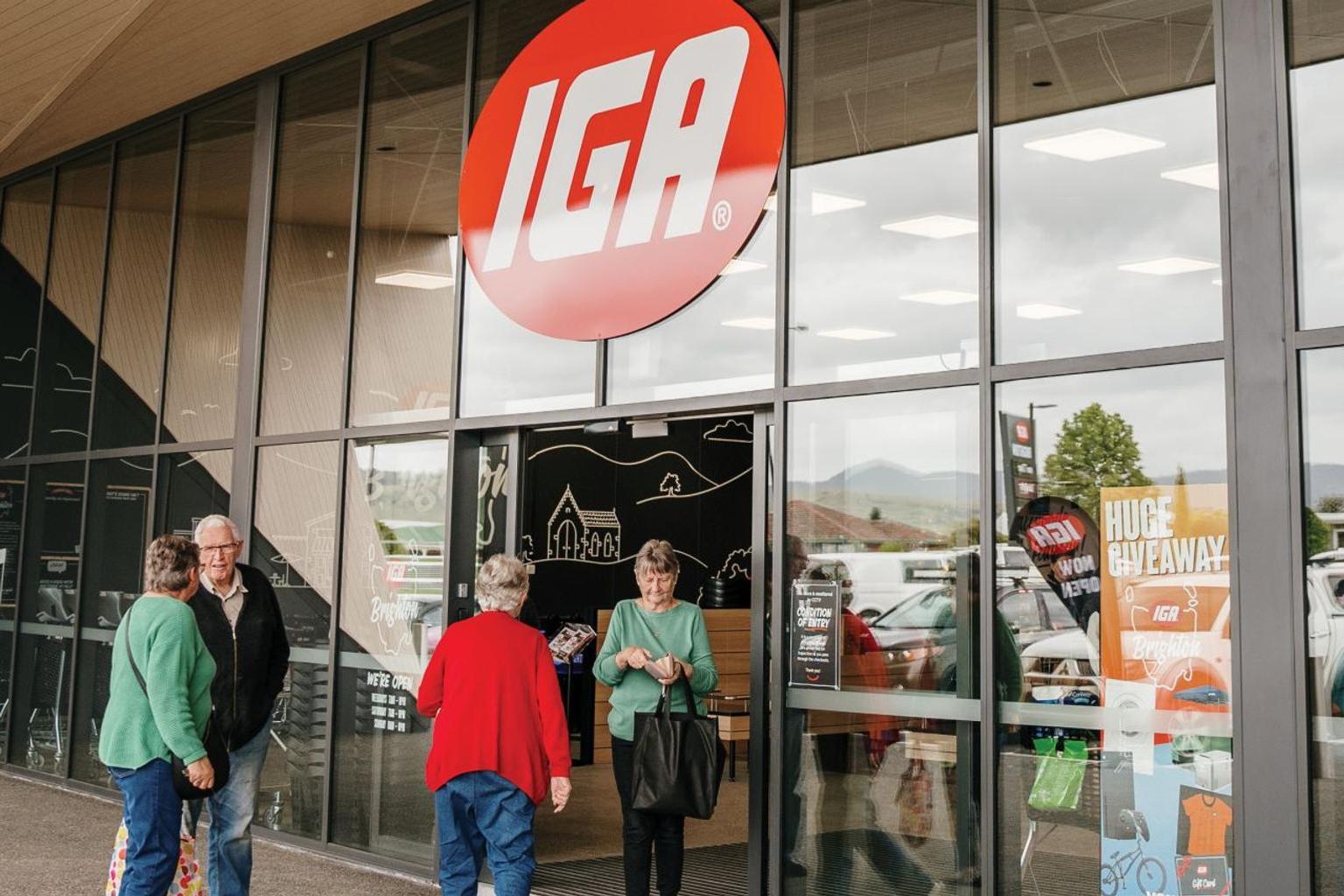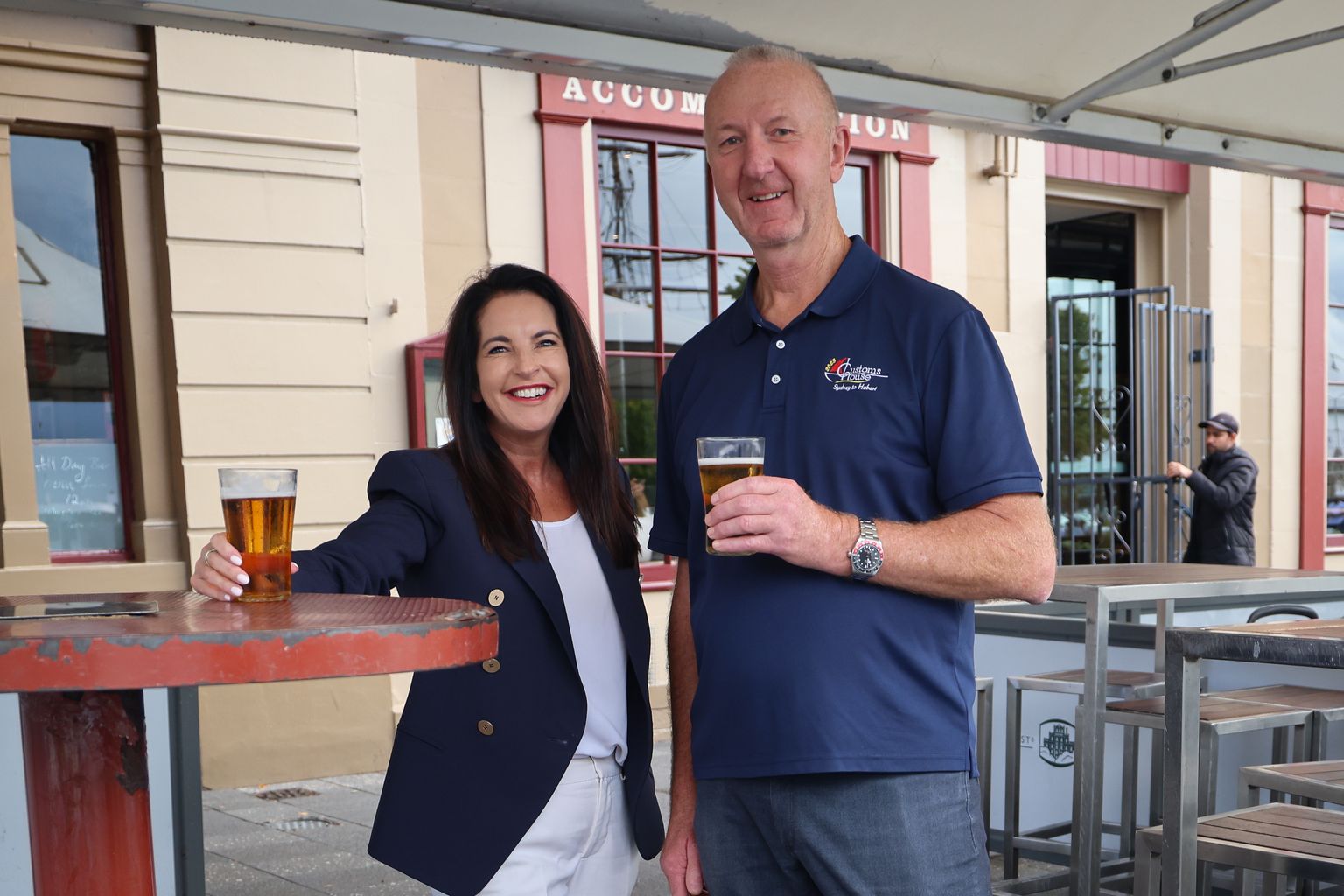Tasmania’s push for an AFL team depends not just on building a new stadium at Macquarie Point but on tackling the economic realities of modern football, the Tasmania Football Club says.
Club officials have warned that stadium infrastructure is now the “single most important economic factor” in determining whether a team can compete and survive in the national league.
In a detailed submission to the Tasmanian Planning Commission, the club argued that modern stadium deals are now make-or-break for on-field success.
“Without this purpose-built facility, Tasmania’s AFL club would face severe and potentially insurmountable financial constraints that would significantly limit on-field performance regardless of management capability, community support or player talent,” the club said.

“Clubs with advantageous stadium arrangements consistently outperform those with suboptimal facilities, both financially and competitively.”
“The proposed [stadium] emerges not merely as desirable sporting and entertainment infrastructure, but as an essential prerequisite for Tasmania’s successful entry into the national AFL competition.”

Without it, the club estimates it would face a $5.4-$5.9 million annual disadvantage, locking it into what it calls a “perpetual competitive disadvantage that no amount of management excellence could overcome”.
“The TFC would be locked into a low revenue and low performance future,” the submission warns.
“This is driven by lower revenues across sponsorship, hospitality, membership, match receipts, plus reduced intangible benefits.”
Despite not yet taking the field, the club says it’s already signed up more than 208,000 members, claiming the largest membership base of any AFL club and “among the top sporting clubs anywhere in the world”.

An independent report commissioned by Hobart City Council in April and cited by the club found the stadium could deliver $140 million a year in economic impact during construction and $178 million annually once operational, along with 385 full-time jobs.
The club also says it is working to address regional divides, rolling out a statewide strategy that includes “strategic scheduling” at upgraded venues across the state.

That includes games at UTAS Stadium in Launceston and Dial Park in the north-west, plus “regular community programs” and “talent pathways” in all regions and an “administrative presence” in multiple locations.
The future of the stadium, currently being progressed as a Project of State Significance, remains uncertain.
Premier Jeremy Rockliff has committed to scrapping the current process in favour of what he says will be a faster approval route using custom legislation.







